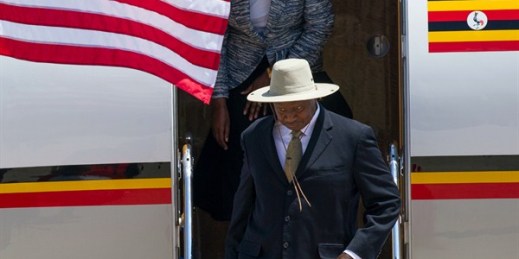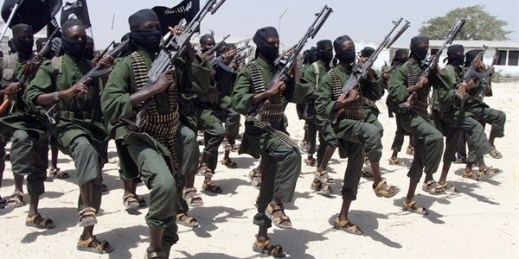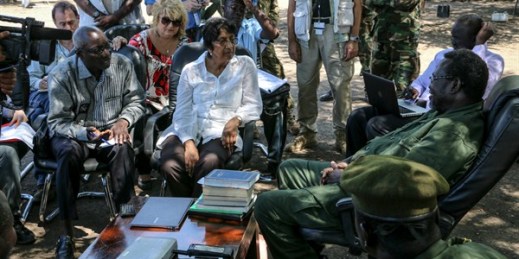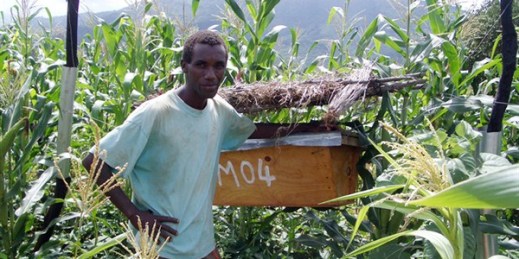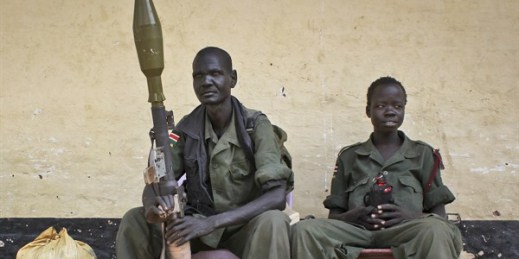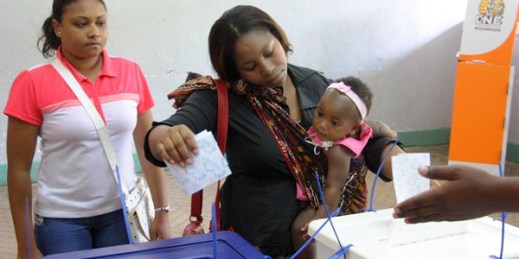
Earlier this month, Mozambique passed an amnesty law that will allow Afonso Dhlakama, leader of the opposition Renamo party, to return from hiding and run in the Oct. 15 presidential election. In an email interview, Elisabete Azevedo-Harman, research fellow at Chatham House, discussed the evolving political landscape in Mozambique. WPR: How much support do the Renamo and ruling Frelimo parties have, and is there a clear front-runner for October’s elections? Elisabete Azevedo-Harman: Mozambique does not have a tradition of comprehensive electoral polls and it is therefore not possible to predict outcomes. General perceptions indicate that Frelimo and its presidential candidate […]

